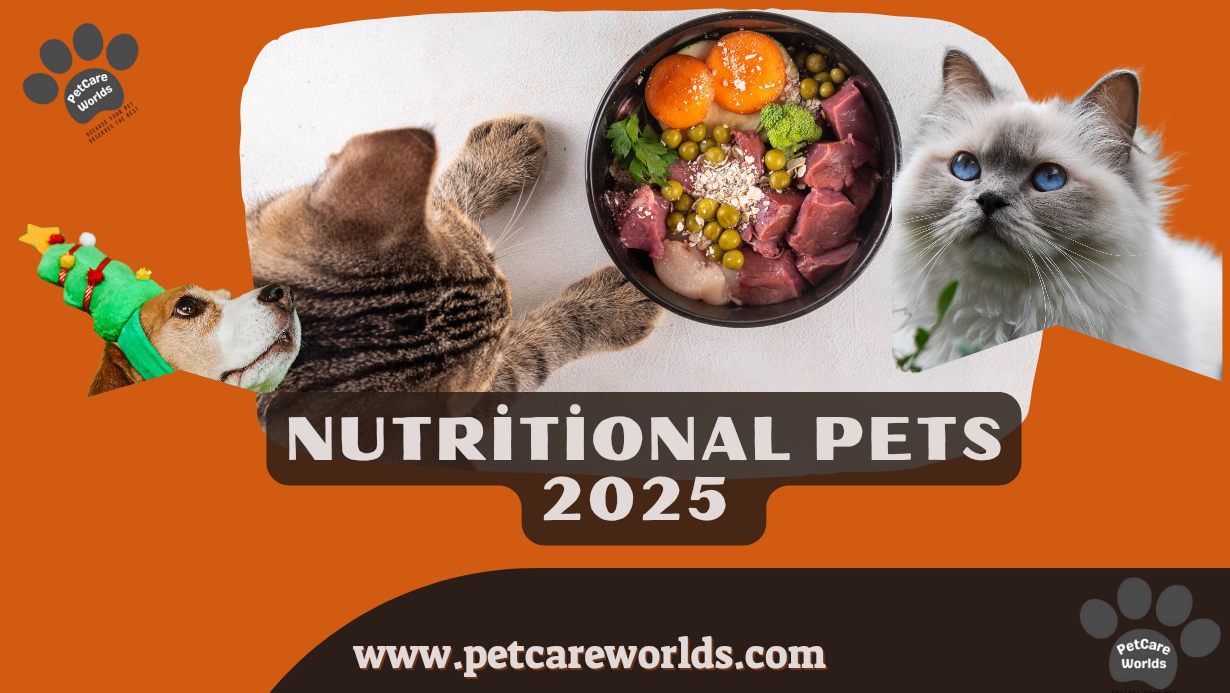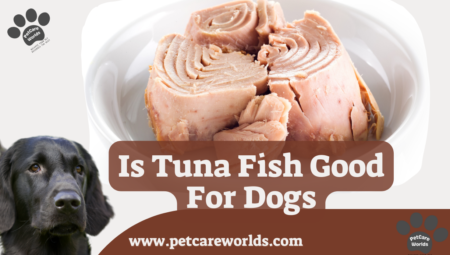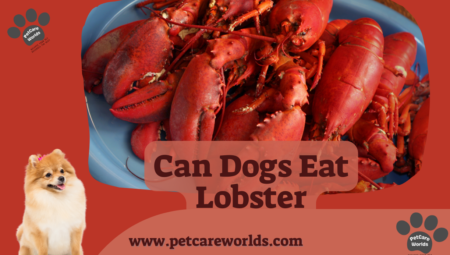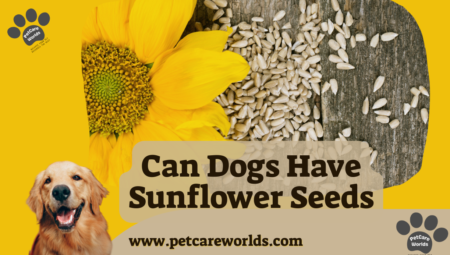Nutritional Pets – Pet nutrition is more than just a meal – it’s the secret to your furry friend’s long, healthy life. Imagine feeding your pet the right balance of nutrients to boost their energy, keep their coat shiny, and even prevent health issues down the road. But how do you know what’s best for them? Age, breed, and health conditions all play a role. In this article, we’ll dive into the essentials of pet nutrition, revealing what your pet really needs to stay happy and healthy. Ready to discover the key to a healthier, more vibrant pet? Let’s begin! Nutritional Pets
Nutritional Pets
Proper pet nutrition is the key to your pet’s overall health. The right diet impacts energy levels, coats, and even longevity. Not all pets have the same needs. Their nutrition should match their age, breed, and any health issues they might have. Understanding this will help you choose the right food and ensure your pet lives their best life. Nutritional Pets
Why Proper Nutrition is Essential for Pets
Without the right nutrition, your pet can face serious health issues. Poor diet can lead to weight gain, skin problems, digestive issues, and even joint pain. Here’s why proper nutrition is vital:
- Growth and development: Young pets need the right nutrients for healthy growth.
- Energy: A balanced diet fuels your pet’s daily activities and vitality.
- Prevention: Proper food can help prevent diseases related to obesity, heart health, and digestion.
A well-fed pet is a healthy pet. Their nutrition can make all the difference. Nutritional Pets
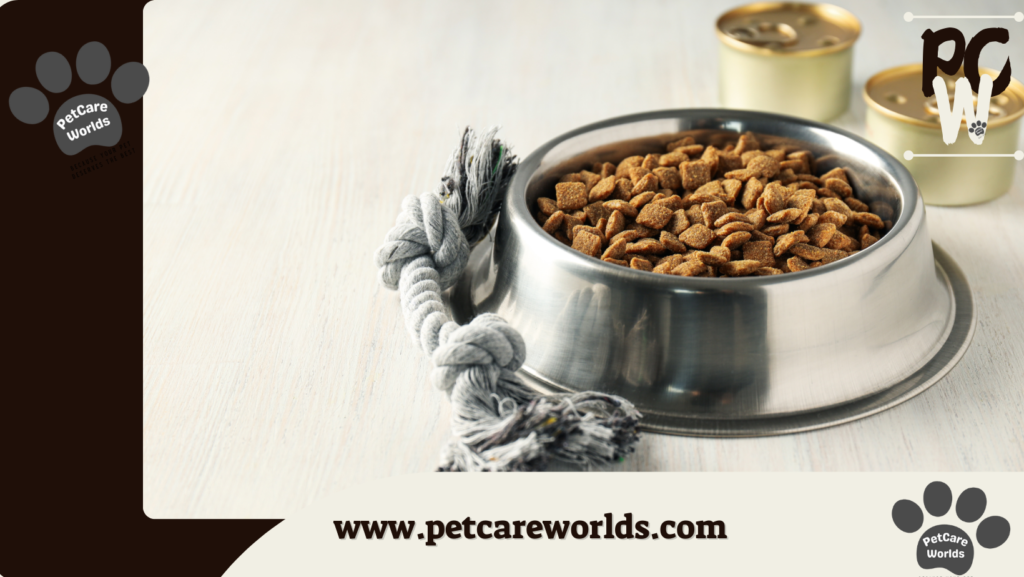
Benefits of Proper Pet Nutrition
Good nutrition offers many benefits for your pet’s life. Here are a few reasons why feeding them the right food is so important:
- Healthy coat and skin: Proper nutrients keep their fur shiny and their skin smooth.
- Strong bones and muscles: The right balance of proteins helps in muscle growth and bone strength.
- Better digestion: A healthy diet ensures smooth digestion and helps avoid tummy troubles.
- Longer life: A nutritious diet can extend your pet’s lifespan by preventing chronic health issues.
When you feed your pet right, you’re investing in their future. Healthy food = healthy pets! Nutritional Pets
How to Create a Customized Nutrition Plan for Your Pet
Creating a customized nutrition plan for your pet involves considering their individual needs. Factors like age, breed, and health conditions all play a role. A one-size-fits-all approach doesn’t work. Here’s how you can create the right diet for your pet:
- Consult with a vet: A professional can help identify your pet’s unique needs.
- Choose the right food: Select food that matches their age, activity level, and health status.
- Monitor their weight and health: Regular check-ups help track progress and adjust the diet if needed.
Tailoring your pet’s food to their needs ensures a long, healthy life. Nutritional Pets
Factors to Consider: Age, Breed, and Health Conditions
When creating a nutrition plan, you must consider your pet’s age, breed, and any health conditions. Each factor affects their specific dietary needs. Nutritional Pets
- Age: Puppies, adult pets, and seniors have different nutritional needs. Young pets need more protein and energy, while older pets may require joint support and fewer calories.
- Breed: Larger breeds may need food that supports joint health and bone strength. Small breeds might require more calorie-dense food.
- Health conditions: Pets with health issues, such as kidney disease or food allergies, need specialized diets to manage their condition.
A vet can help you design a diet plan based on these factors. Nutritional Pets
Age-Specific Nutrition for Pets
As pets age, their nutritional needs change. Here’s how to adjust their diet:
- Puppies: High protein and fat to support growth and development.
- Adults (1+ years): Balanced diet to maintain energy levels and weight.
- Seniors (7+ years): Food with joint support, fewer calories, and higher fiber for digestion.
- Geriatric (11+ years): Low-calorie, easy-to-digest food with added vitamins for aging joints and immune systems.
Feeding your pet the right nutrients at each stage of life helps them thrive. Nutritional Pets
Common Health Issues and Specialized Diets
Pets can develop specific health issues, which require specialized diets. Tailoring their food to these needs can improve their quality of life. Nutritional Pets
Joint Health and Mobility Diets
Pets with joint issues need food that supports their joint health. Look for foods rich in:
- Glucosamine: Helps repair cartilage and supports mobility.
- Chondroitin: Improves joint lubrication and reduces inflammation.
- Omega-3 fatty acids: Anti-inflammatory benefits that improve mobility.
These ingredients help pets with arthritis or mobility issues stay active. Nutritional Pets
Urinary Health Diets
Pets with urinary issues need special diets to maintain bladder health. Key components include:
- Controlled magnesium: Prevents urinary stones.
- High water content: Helps flush out toxins and maintain hydration.
- Acidifying agents: Prevents the formation of crystals.
This specialized diet can prevent and manage urinary tract infections. Nutritional Pets
Weight Management Diets
If your pet is overweight or obese, weight management diets can help them shed pounds and stay healthy. These diets typically contain:
- Low-calorie, high-protein food: Helps with fat loss while maintaining muscle mass.
- Fiber: Keeps pets feeling full longer.
- Controlled fat levels: Reduces overall caloric intake.
Managing their weight will improve their overall health and prevent obesity-related conditions.
Kidney Health Diets
Pets with kidney disease need a kidney-friendly diet. This typically includes:
- Low phosphorus: Reduces kidney strain.
- Low protein: Eases the burden on the kidneys while maintaining muscle mass.
- Increased omega-3 fatty acids: Helps manage inflammation and supports kidney function.
A specialized diet can help manage kidney disease and improve your pet’s comfort. Nutritional Pets
Skin Sensitivity and Digestive Health Diets
Pets with skin or digestive issues need food that addresses these concerns. Here’s what to look for:
- Hypoallergenic ingredients: Avoid common allergens like grains and chicken for pets with food sensitivities.
- Probiotics and prebiotics: Supports a healthy gut and improves digestion.
- Omega-3 and omega-6 fatty acids: Help with skin health, reducing dryness and irritation.
These diets soothe sensitive stomachs and promote healthy, smooth skin.
Each specialized diet can make a huge difference in your pet’s health.
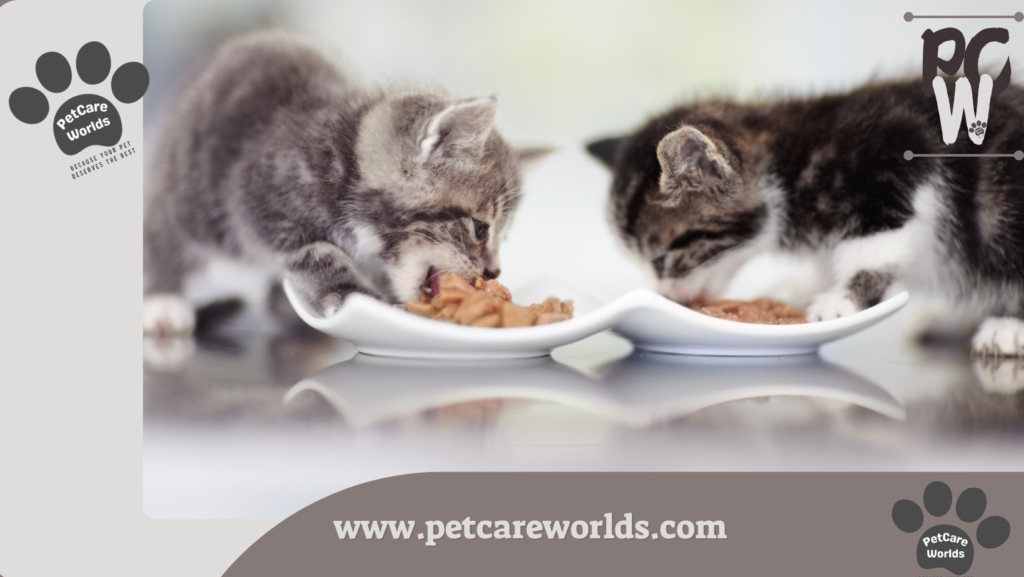
Nutritional Needs for Different Life Stages
Pets have unique dietary needs at different life stages. From puppies to seniors, their bodies change, and so do their nutritional requirements. Nutritional Pets
Puppies and Kittens: Building Strong Foundations
The early stages of your pet’s life are crucial for their development. Puppies and kittens require:
- High protein: Supports growth and muscle development.
- Healthy fats: Provides energy for their active lifestyle.
- Essential vitamins: Promotes strong bones, immune system, and organ function.
Feeding them a balanced diet helps them grow into healthy adults. Nutritional Pets
Adult Pets: Maintaining Health and Vitality
As pets reach adulthood, their diet should focus on maintaining overall health and vitality. They need:
- Moderate protein levels: Keeps muscles strong and supports daily activity.
- Balanced fats: Helps with energy needs and maintains coat health.
- Joint support: Some adult pets benefit from glucosamine and chondroitin.
A well-balanced diet ensures that your pet enjoys an active, healthy lifestyle. Nutritional Pets
Senior Pets: Tailored Nutrition for Older Pets
Senior pets experience changes in metabolism, activity levels, and health. They need:
- Lower calories: To prevent weight gain and reduce strain on joints.
- Joint support: Omega-3s, glucosamine, and chondroitin for mobility.
- Easy-to-digest food: Supports their digestive system and absorption of nutrients.
Tailoring their diet to their aging bodies will help them live their golden years comfortably. Nutritional Pets
Key Nutrients for a Balanced Pet Diet
To keep your pet healthy at every life stage, their diet needs to contain essential nutrients. Here are some of the key nutrients they need.
Proteins: The Building Blocks of Pet Health
Protein is a fundamental nutrient for pets. It:
- Builds muscles: Helps maintain muscle mass.
- Supports immune function: Proteins are vital for healthy immune responses.
- Aids in cell repair: Helps tissue regeneration and recovery.
High-quality proteins, like chicken or fish, should be a top ingredient in your pet’s food.
Omega-3 Fatty Acids: Essential for Healthy Skin and Coat
Omega-3 fatty acids are vital for a shiny, healthy coat. They also:
- Reduce inflammation: Helps with joint pain and skin irritations.
- Improve skin health: Reduces dryness and promotes soft fur.
- Boost heart health: Omega-3s support cardiovascular function.
Including omega-3s in your pet’s diet will keep their skin and coat in top condition. Nutritional Pets
Fiber: Supporting Digestive Health
Fiber is essential for digestive health. It:
- Regulates bowel movements: Prevents constipation and diarrhea.
- Supports gut health: Prebiotics in fiber nourish healthy bacteria in the gut.
- Keeps your pet full: Helps control appetite and maintain a healthy weight.
Look for food with fiber-rich ingredients like pumpkin or sweet potatoes.
Vitamins and Minerals: Ensuring Optimal Health
Vitamins and minerals are crucial for overall health. They:
- Support immune function: Help fight infections and diseases.
- Promote bone health: Calcium and phosphorus are vital for strong bones.
- Aid in metabolism: Vitamins like B-complex support energy production.
A balanced mix of vitamins and minerals helps your pet thrive at any age. Nutritional Pets
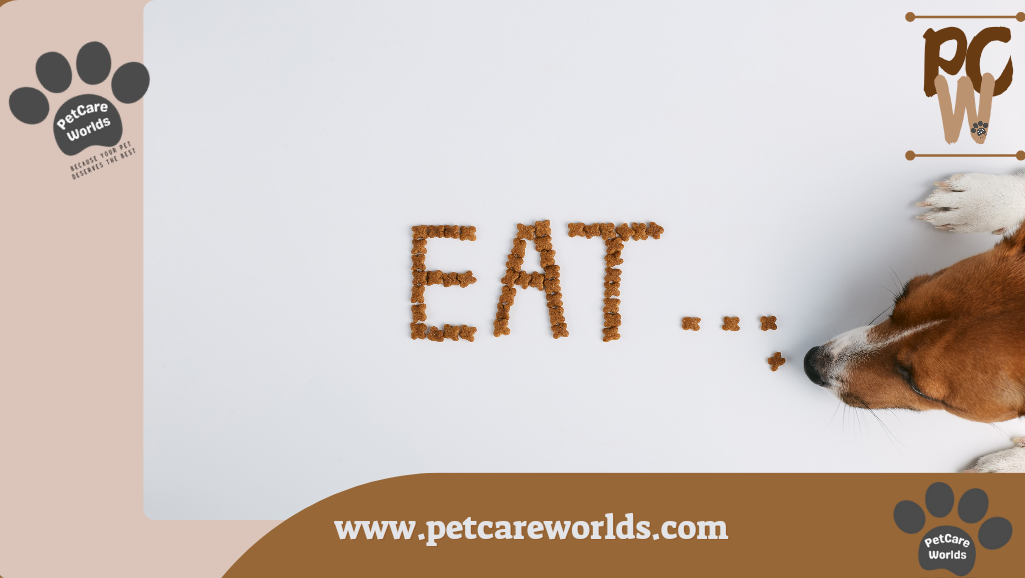
Nutritional Pets Table
| Nutrient | Importance | Source Examples | Best For |
|---|---|---|---|
| Proteins | Builds muscles, supports immune function | Chicken, beef, fish, turkey | Puppies, adult pets, and active pets |
| Omega-3 Fatty Acids | Promotes healthy skin, reduces inflammation | Fish oil, flaxseeds, chia seeds | Pets with skin issues, older pets |
| Fiber | Aids digestion, prevents constipation | Pumpkin, sweet potatoes, peas | Pets with digestive issues |
| Vitamins & Minerals | Supports overall health, boosts immune system | Carrots, leafy greens, eggs | All pets, especially seniors |
| Healthy Fats | Provides energy, supports skin and coat | Fish oil, flaxseed, chicken fat | Adult pets, pets with dry skin |
| Glucosamine | Supports joint health, reduces inflammation | Bone broth, shellfish, supplements | Older pets, pets with joint issues |
“Nutrition is the cornerstone of a pet’s well-being. Providing a balanced diet tailored to their needs helps them live longer, healthier lives.”
Nutritional Pets – Frequently Asked Questions (FAQs)
1. Why is proper nutrition important for my pet?
Proper nutrition ensures your pet’s health, vitality, and longevity. A balanced diet helps support their immune system, promote healthy growth, maintain weight, and prevent health issues like obesity or digestive problems.
2. How do I know which food is best for my pet?
Choosing the right food depends on your pet’s age, breed, activity level, and any specific health concerns. It’s always a good idea to consult your vet to create a personalized diet plan for your pet.
3. Can I feed my pet human food?
While some human foods are safe in moderation, many can be harmful to pets. Foods like chocolate, onions, garlic, and grapes are toxic to animals. Stick to pet-specific food to ensure they get the nutrients they need.
4. How often should I feed my pet?
The feeding frequency depends on your pet’s age and activity level. Puppies and kittens typically need more frequent meals, while adult pets may be fed twice a day. Consult your vet for specific recommendations.
5. Should I feed my pet commercial food or homemade food?
Both commercial and homemade food can be healthy options. Commercial pet food is often more balanced and convenient, while homemade food can be customized. However, if you choose homemade, make sure the meals meet your pet’s nutritional requirements.
6. Is it okay to change my pet’s food?
Yes, but changes should be gradual. Switching abruptly can upset your pet’s stomach. Gradually mix the new food with the old food over 7-10 days to allow your pet’s digestive system to adjust.
7. Can I give my pet treats?
Yes, but treats should be given in moderation. Choose healthy treats that align with your pet’s dietary needs and avoid overfeeding, as excess treats can lead to weight gain.
8. What should I do if my pet has food allergies?
If you suspect your pet has food allergies, consult with a vet. They can guide you in choosing hypoallergenic food and identify any ingredients that might be causing issues.
9. How do I ensure my senior pet gets the right nutrients?
Senior pets often require specialized nutrition for joint health, digestion, and overall vitality. Foods rich in omega-3s, joint supplements, and low-fat options are beneficial. Your vet can provide tailored advice for your senior pet’s needs.
10. What signs indicate that my pet’s diet is not working?
If your pet is experiencing weight loss, lethargy, poor coat condition, or digestive problems, it may be a sign that their diet needs adjustment. Consult with your vet to determine if changes are needed.
Conclusion
Nutritional Pets ensure your pet’s health and happiness. A balanced diet boosts longevity and supports vital functions for a vibrant, active life.


